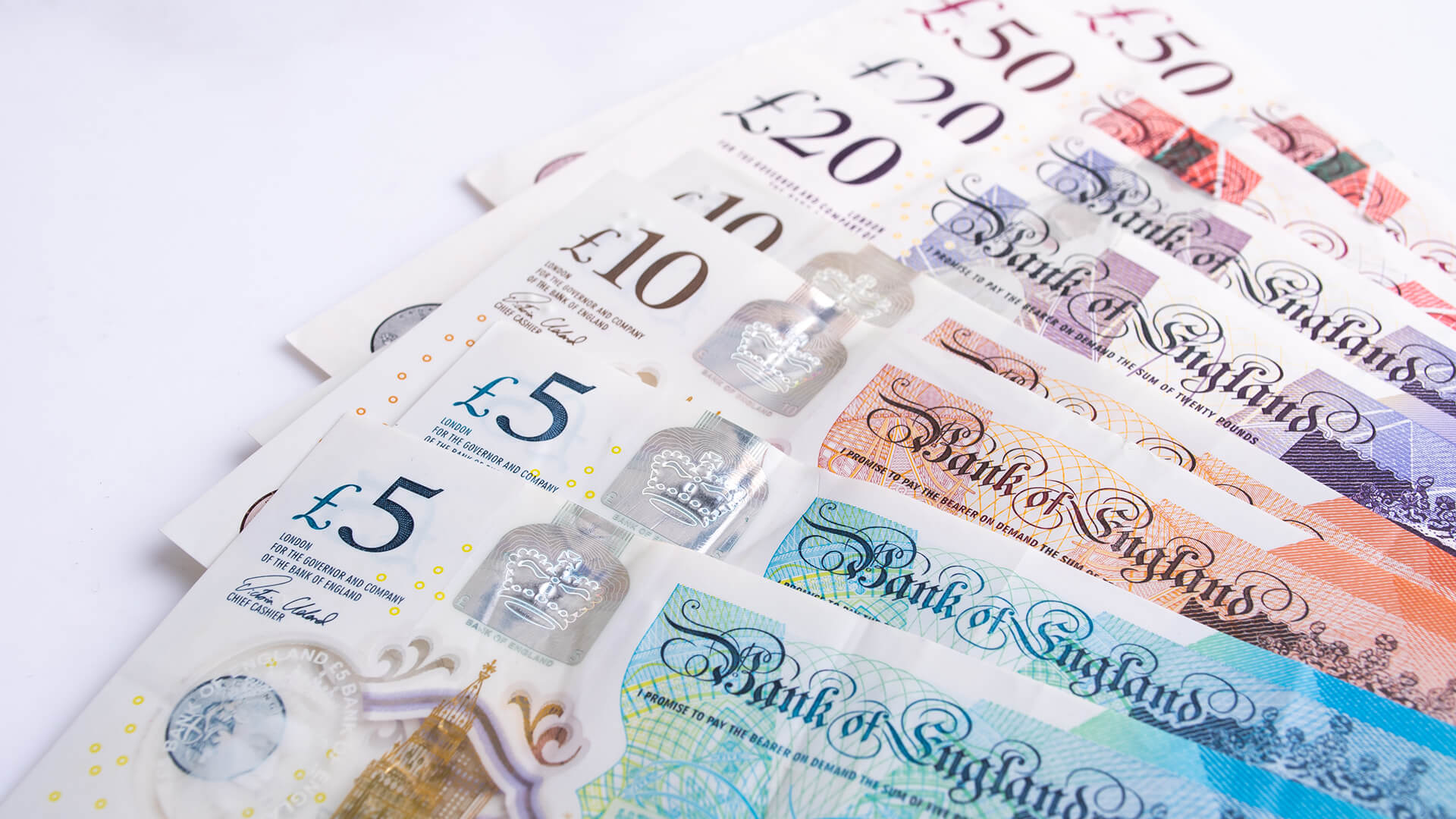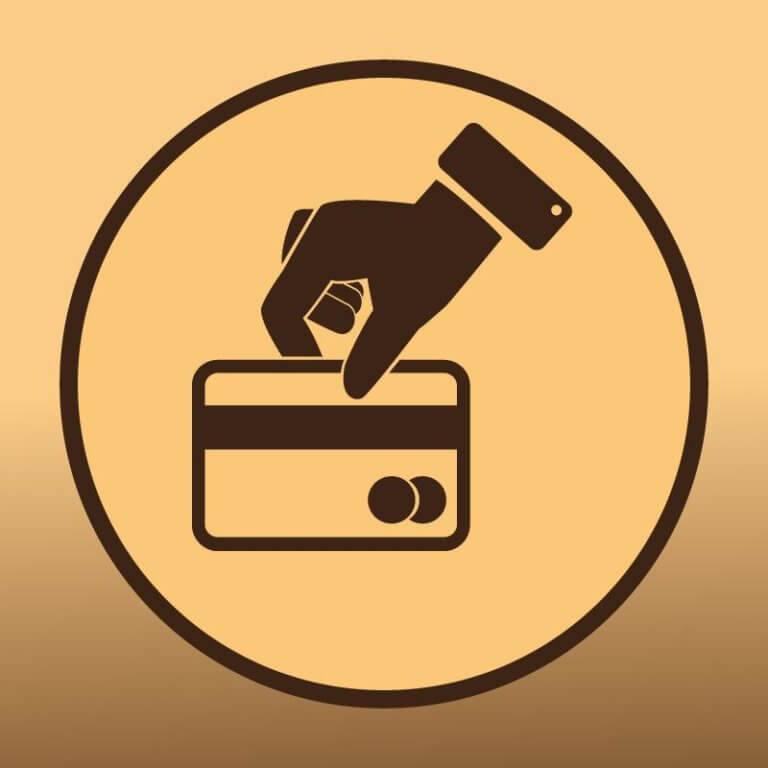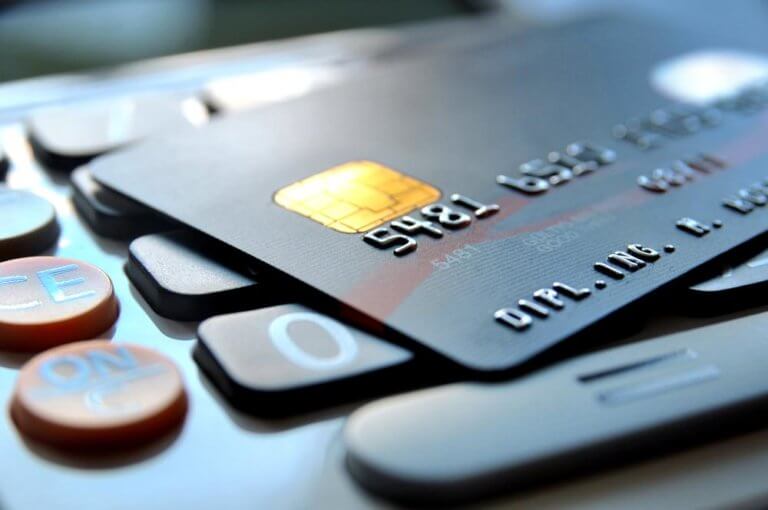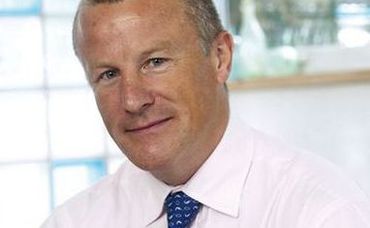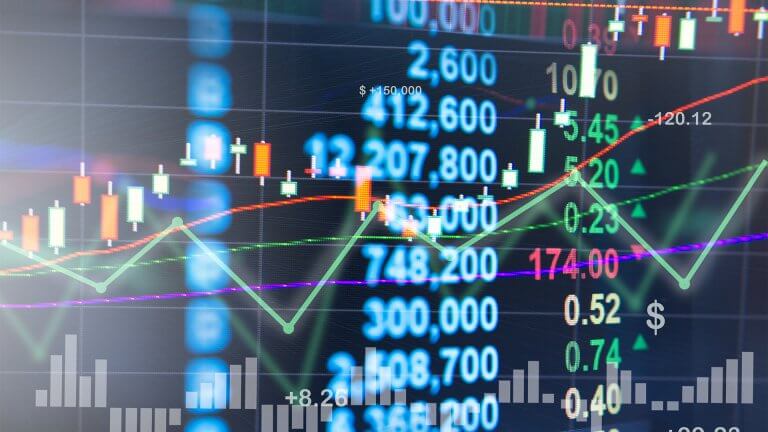- UK adults with discretionary income set to save on average a record £1,434 in the three months to June
- More than double the previous quarterly record for household saving of £37.2bn set in Q1 2010
- Surge in people investing and using digital banking services for the first time
Britons with unspent discretionary income are set to accumulate £75.5bn in savings in just three months as lockdown sparks a ‘money revolution’, eToro can reveal.
Joint research by the multi-asset investment platform and the Centre for Economics and Business Research (CEBR) shows those fortunate enough to have more discretionary income during lockdown are on course to save an average of £1,434 each in the three months to June.
The restrictions on movement have meant that, despite many workers being furloughed and the financial hardships associated with that, a significant number of people have been able to make regular savings on travel costs and other daily expenses.
In fact, the staggering £75.5bn of savings these Brits are forecast to make in the second quarter of 2020 will be more than double the previous quarterly record of £37.2bn set in Q1 2010.
Bank of England data reveals households saved a record amount in April alone and paid off a record £7.4bn of debt, more than two-thirds of which was on credit cards.
Further, eToro’s research can reveal that lockdown has sparked a widespread revolution in the way people use and think about money.
More than two-fifths (42%) of Brits – or 22 million people – plan to keep up their new savings habits even after lockdown is lifted, which would turn Britain from a nation of spenders into a nation of savers almost overnight.
It can also be revealed that an estimated 3.8 million UK adults have invested in the stock market for the first time since February this year. This suggests the market volatility caused by Covid-19 has awoken in many the idea of investing in shares as a means of wealth accumulation.
eToro’s research also reveals how coronavirus is speeding up the UK’s transformation into a largely cashless society.
During lockdown, more than a third (37%) of UK adults stopped using cash altogether, the research shows, while an estimated 2.2 million say they won’t use cash again even after the threat of Covid-19 diminishes. This is on top of the 5.5 million people who stopped using cash prior to the crisis.
Lockdown has also led to an explosion in the use of digital banking platforms, the research shows.
An estimated 9.4 million Brits have adopted new apps and websites to manage their cash during lockdown.
Further, more than a quarter (27%) of Brits – or 14.4 million people – expect to increase their use of digital banking apps post-lockdown.
Iqbal V. Gandham, UK Managing Director of eToro, says: “Our research shows that lockdown has ushered in a revolution in terms of the way we manage, view and treat money.
“For many of course there have been significant challenges with debt and loss of income. However, in just a few short months, a significant proportion of the UK households that are in a position to set money aside have moved away from spending and cheap credit and turned to saving.
“At the same time, this pandemic has awoken in millions the idea that the stock market can be used as a potent means of generating wealth and prosperity, while many of us have also embraced new, digital ways of managing that wealth.
“The period of lockdown has severely impacted the economy and household finances, but one of the positives is that it has transformed how we engage with money, which will hopefully make many of us better equipped to manage our finances in the future.”
Pablo Shah, an economist at CEBR, says: “Brits are on course to save a staggering £75 billion between April and June – more than triple the quarterly levels recorded prior to the coronavirus crisis.
“The period of lockdown has narrowed spending opportunities and encouraged precautionary saving activity, which will bring the household saving ratio to an all-time record high of 23%.
“The survey results also reveal the longstanding behavioural shifts that will be brought about by the period of lockdown. Consumers use of digital platforms to manage their finances is expected to increase significantly, while the shift away from cash to digital payments is set to accelerate.”
